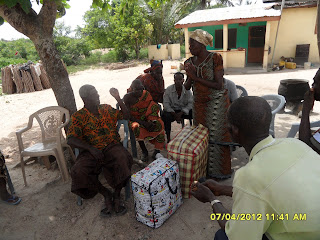The Ghana Malaysia Friendship Association (GHAMAFA) is advocating the use of local languages as a medium of instruction in school.
According to them, children learn, communicate and understand easily when they are taught in their native language better than in a foreign language.
GHAMAFA made the call at an education seminar held in Accra.
The seminar which was on the theme: ‘Lessons to learn from the Malaysian Education System’ is to stir Ghanaian students interest in the Malaysian education system.
They said Malaysian education system modelled on the British education curriculum has made giant strides due to the use of it local dialect as a medium of instruction.
This they believe if Ghana adopts the Malaysian style, students will be able to compete effectively with their colleagues across the globe.
For his part, the Director of the Malaysian Education Promotion Council, Shushill Azam Shuib stressed the need for the Ghana Education Service to consider the local dialect use as a medium of instruction in the primary and secondary schools.
He noted that the change from English-medium into Malay-medium national schools has enable students chalk great feat.
Mr. Azam Shuib also encouraged Ghanaian students to make Malaysian their final destination when seeking tertiary education.
Article from: http://www.myjoyonline.com/news/2015/September-6th

















